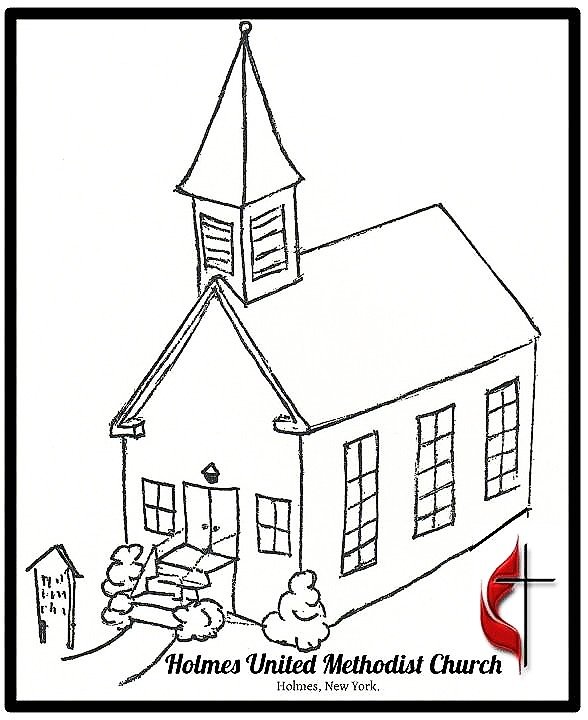Deacon Ritter
Additional: Food collection for PRC
WHY DONATE?
The Pawling Resource Center is the only 501(c) (3) charitable organization in Pawling whose mission is to help alleviate the pain of hunger and hardship. We have been operating since 1976.
Those we serve face a daily struggle to put food on their table, find transportation to medical care, learn about state and county services, or even afford to celebrate holidays with their children. Every donation you make to the Center goes toward making life a little easier for our neighbors in need.
Your generosity makes it possible for us to meet the many growing challenges we face at the PRC, as we endeavor to provide a safety-net to those in our community who reach out to us for help. With your support, we are able to restore dignity through compassion
We are grateful for your interest in supporting our mission!
Palm Sunday, also called Passion Sunday, in the Christian tradition, the first day of Holy Week and the Sunday before Easter, commemorating Jesus Christ’s triumphal entry into Jerusalem. It is associated in many churches with the blessing and procession of palms (leaves of the date palm or twigs from locally available trees).
These special ceremonies were taking place toward the end of the 4th century in Jerusalem and are described in the travelogue Peregrinatio Etheriae (The Pilgrimage of Etheria). In the West the earliest evidence of the ceremonies is found in the Bobbio Sacramentary (8th century). During the Middle Ages the ceremony for the blessing of the palms was elaborate: the procession began in one church, went to a church in which the palms were blessed, and returned to the church in which the procession had originated for the singing of the liturgy. The principal feature of the liturgy that followed the procession was the chanting by three deacons of the account of the Passion of Christ (Matthew 26:36–27:54). Musical settings for the crowd parts were sometimes sung by the choir. After reforms of the Roman Catholic liturgies in 1955 and 1969, the ceremonies were somewhat simplified in order to emphasize the suffering and death of Christ.
The day is now called officially Passion Sunday. The liturgy begins with a blessing and procession of palms, but prime attention is given to a lengthy reading of the Passion, with parts taken by the priest, lectors, and congregation. The palms are often taken home by the members of the congregation to serve as sacramentals (sacred signs of the sacraments), and some of them are burned the following year to serve as the ashes for Ash Wednesday.
In the Byzantine liturgy the Eucharist on Palm Sunday is followed by a procession in which the priest carries the icon representing the events being commemorated. In the Anglican churches some of the traditional ceremonies were revived in the 19th century. The majority of Protestant churches, while celebrating the day without ritual ceremonies, give palms increasing prominence.
Reference: https://www.britannica.com/topic/Palm-Sunday



